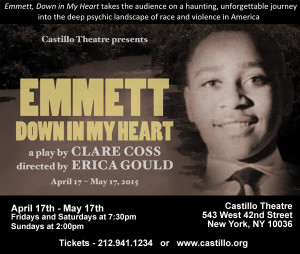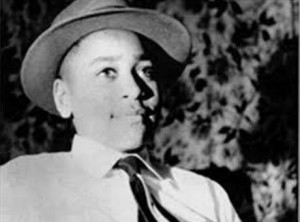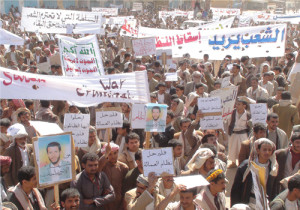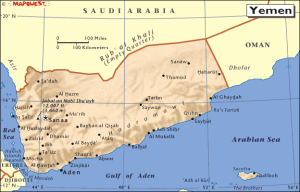Podcast: Play in new window | Download
Updates:
- U.S. Continues To Not Officially Recognize Armenian Genocide On 100th Anniversary
- Michael Ratner: Constitution and Freedom of Speech Threatened In Wake Of Anti-Boycott (BDS) Legislation In US and Israel
- University of Southampton Cancels Conference After Government, Israel Lobby Pressure
- Michael Ratner Exposes NY Times Article – Student Coalition at Stanford Confronts Allegations of Antisemitism
- Michael Ratner – “Antisemitism has nothing to do with whether I’m against the practices of the Israeli state.”
—–
The prize-winning play Emmett, Down in My Heart is the true story of two female characters, Emmett Till’s mother, Mamie Till-Mobley and a white teacher, Roanne Taylor, who frame the 1955 kidnap, torture, murder of 14-year old Emmett Till in the Mississippi Delta. Roanne is haunted by her silence and confronts her need to take responsibility and speak. Mamie Till-Mobley, through outrage and grief, is transformed from a private citizen to a social-justice activist. Many consider her insistence on an open casket to be the start of the modern Civil Rights Movement. And tree months later in Montgomery, Alabama, Rosa Parks said Emmett Till was the catalyst that motivated her when she refused to move to the back of the bus.
Guest – Clare Coss, activist, writer and psychotherapist. Her publications include Lillian D.Wald: Progressive Activist which features the play and a selection of Wald’s correspondence and speeches. Her anthology of lesbian love poems, The Arc of Love (Scribner), was a Lambda Literary Award Finalist. Coss was for many years the Poetry Editor for Affilia, a journal of women and social work. She has taught at Hunter College, SUNY at Stony Brook, and is collaborating on her libretto Emmett Till, the Opera with composer Mary Watkins.
—-
The United States, Saudi Arabia And The War In Yemen 2015
Today we’re going to untangle the war in Yemen. You read a lot about it. There’s Iran helping the Houthis. Why is Saudi Arabia stopping the bombing? What’s the role of the United States? How did this war come about? What happened to civil society? There are no easy answers, at least if you read American newspapers. But there actually are answers.
Guest – Dr. Stephen Zunes, Professor of Politics and International Studies at the University of San Francisco, where he serves as coordinator of the program in Middle Eastern Studies. Recognized as one the country’s leading scholars of U.S. Middle East policy and of strategic nonviolent action, Professor Zunes serves as a senior policy analyst for the Foreign Policy in Focus project of the Institute for Policy Studies, an associate editor of Peace Review, a contributing editor of Tikkun, and co-chair of the academic advisory committee for the International Center on Nonviolent Conflict.
——————————————————



